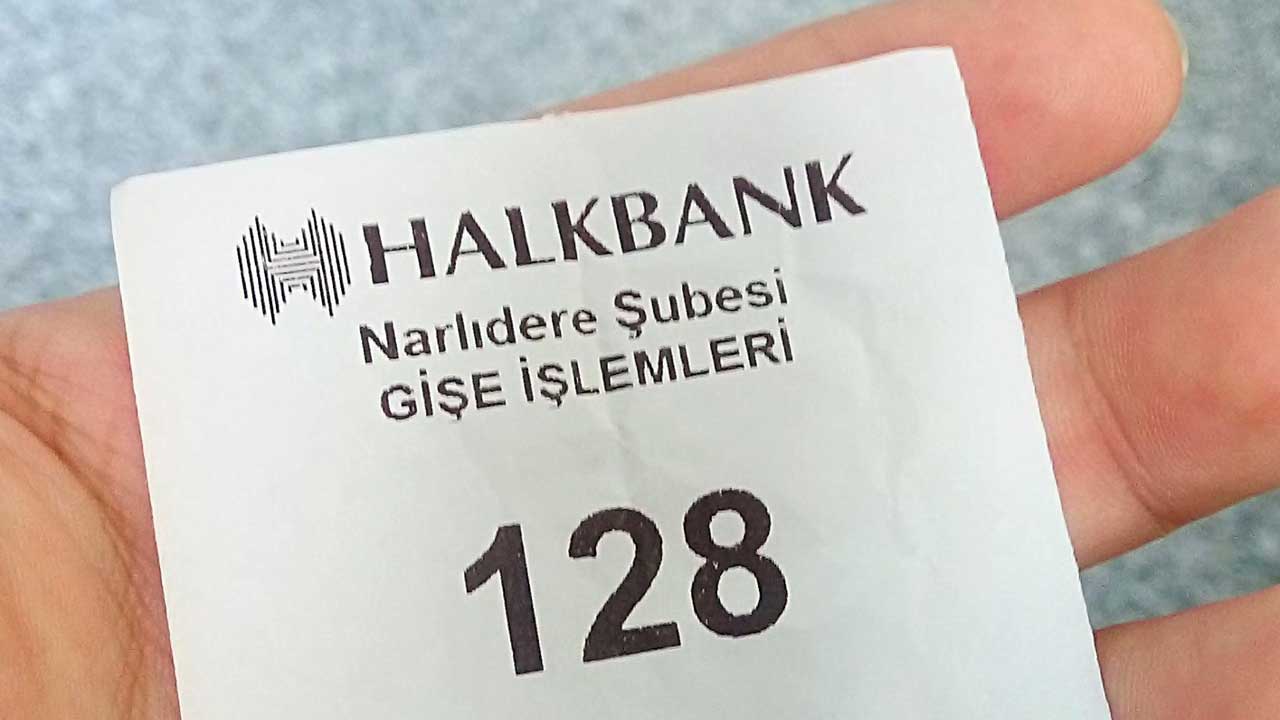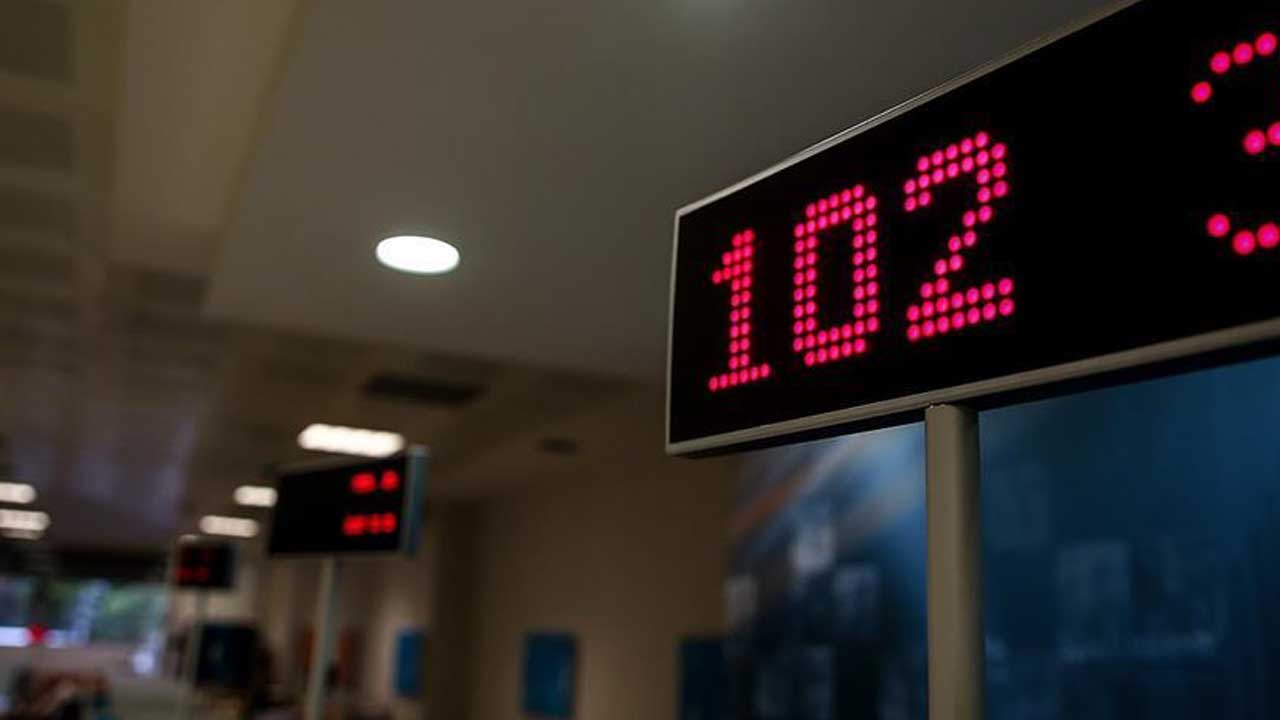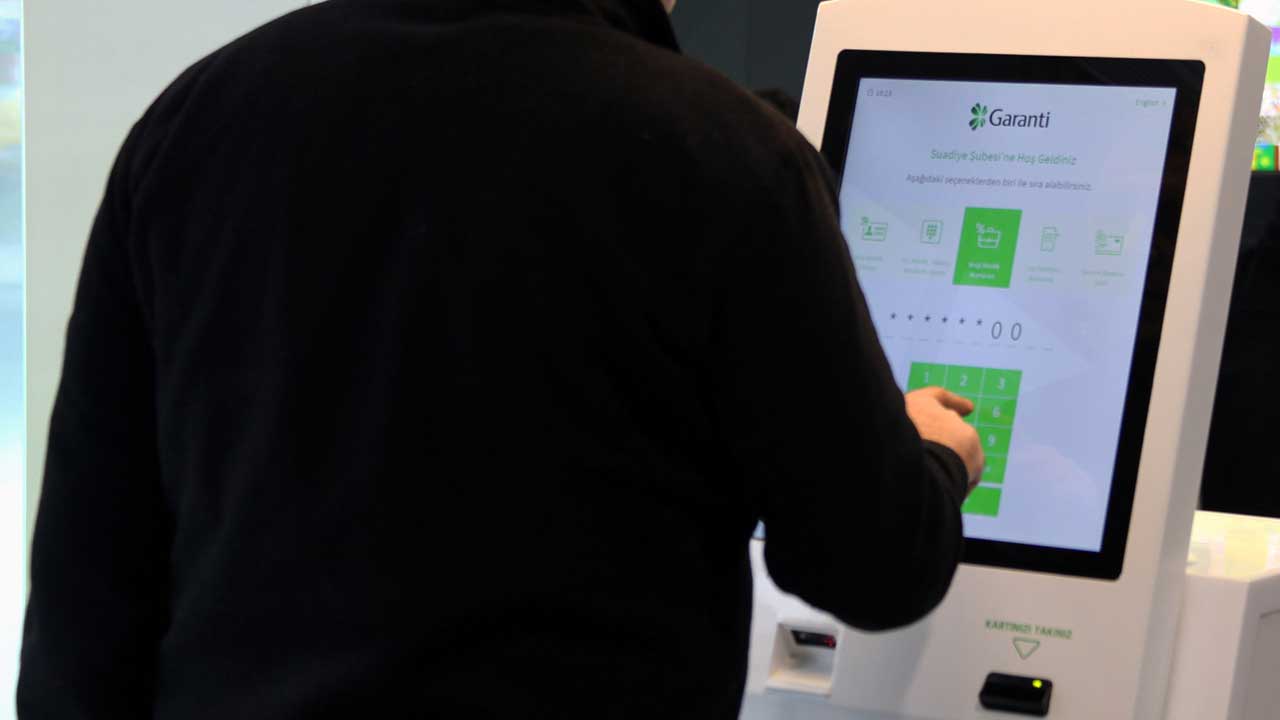We all know that when you get a queue number to make a transaction in banks, the numbers displayed are different from each other. However, the annoying part of this situation is that some people who come after you can take action before you. How come his number comes up first and you’re still waiting?
Those who know know, but for those who don’t know to bank employees We consulted and learned the details.
Look at this situation that is getting on everyone’s nerves. what finger does it have?
There are generally two groups in banks. Individual and commercial. Part of the job starts with this.
In banks individual as is the accounts commercial In other words, there can also be company accounts. This is a system that distinguishes customers in the eyes of banks. In other words, if you get a number with your TR ID number, you declare that you will be making transactions as an individual customer and the number given to you is different.

to the numerator your tax identification number If you log in, the banks say, “Our commercial account holder has arrived.” and gives you another sequence number.
And that too. non-customers of the bank there is. This might be the most frustrating part. The numbers given to these people are also different.
It is not enough to separate it into commercial and individual. Your account details come into play.

Let’s exclude state banks from this situation. Private banks, their customers profit rates separates according to. What do you bring to the bank?
Even if you use every product of the bank, if you use all of them at the limit, you will not make any profit for the bank. With customers from whom he does not make a profit made a profit Customer is also among the distinctions made in banks.
The conditions of those who have millions of liras in their accounts and those who work for minimum wage and have no other income are not equal in the eyes of the bank.
Since the money you deposit into your account is used by the bank, the more money you have, the more valuable you are in the eyes of the bank. In order for the money to remain in the same bank and for the bank to continue using it, it must be numbered in sequence. privilege is known.
So this means: You went to withdraw your salary and someone who arrived after you was processed before you. That person is either an official of a commercial company, or he has significantly more money in the bank than you do, and the bank is making a profit.
Why can banks that do not profit from commercial companies still give them priority?
This situation can be called “managing” in plain terms. Consider a financially strong company. in the bank large amounts of money There is, but the bank does not make a profit from it, but still gives it priority. One of the reasons for this is to use the environment of that company.
“Company X uses this bank, let’s use it too.” like viral ads It benefits banks. We can actually call this situation a relationship of interest.
If you’re just going to pay an invoice, you’ll wait longer.
If what you want to do is to deposit an invoice and you have indicated this on the numerator, read a book or play a game while waiting for your turn. Because more You have plenty of time.
Additionally, there is a difference between those who deposit a bill once in a while and those who use the bank constantly. Your transaction frequency, We can also say that it becomes your priority.

Now that we have clarified the situation, from now on banks will ask, “He came after me, why did his number appear before me?” You won’t need to ask questions. Since you now know which category the people coming after you may be in, you can continue to wait calmly instead of getting angry.
RELATED NEWS
What does value value, which refers to the transaction execution time in banking, mean and how is it calculated?
RELATED NEWS
We Explain How Banks Make Money by Multiplying Their Existing Money!
RELATED NEWS
